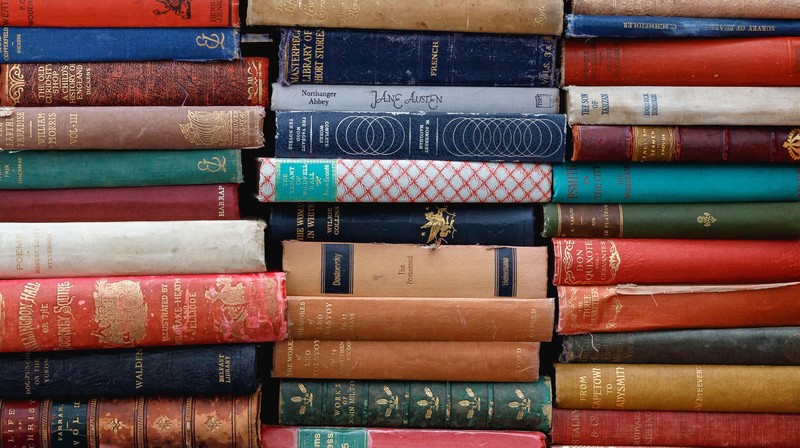Book publishers are trying to shut down the Napster of libraries.
What happened: Four major book publishers are trying to stop Internet Archives, a nonprofit online library, from lending out free copies of their works. In arguments heard by a US federal court yesterday, they allege it’s participating in “digital piracy on an industrial scale.”
- “Controlled Digital Lending” refers to lending out temporary, digital copies of physical books. CDL advocates would tell you it’s not that different from a conventional library.
Catch up: Until the pandemic, Internet Archives had been lending digital copies of physical books, one copy at a time. But under its “National Emergency Library” program, it started lending out any number of digital copies per book as libraries across the country closed.
- That didn’t go down well with the publisher Hachette, which filed suit in partnership with Penguin Random House, HarperCollins, and John Wiley & Sons.
- Publishers waged a similar battle against Google in 2015 over its searchable Google Books index and lost, but that service only shows users a snippet of a book.
Why it matters: The publishers argue that libraries should have to buy special licensing rights for digital copies of their books. A federal ruling in their favour could chill Controlled Digital Lending among other libraries, and cut off public access to many publications.
- Internet Archive’s Canadian branch has digitized over 600,000 items from Canadian libraries, and they’ve seen half a billion downloads.
Zoom out: Internet Archives has a bunch of projects beyond its library, including the “Wayback Machine” search service for archived web pages. A ruling against it could bankrupt the company, jeopardizing all of that work.
